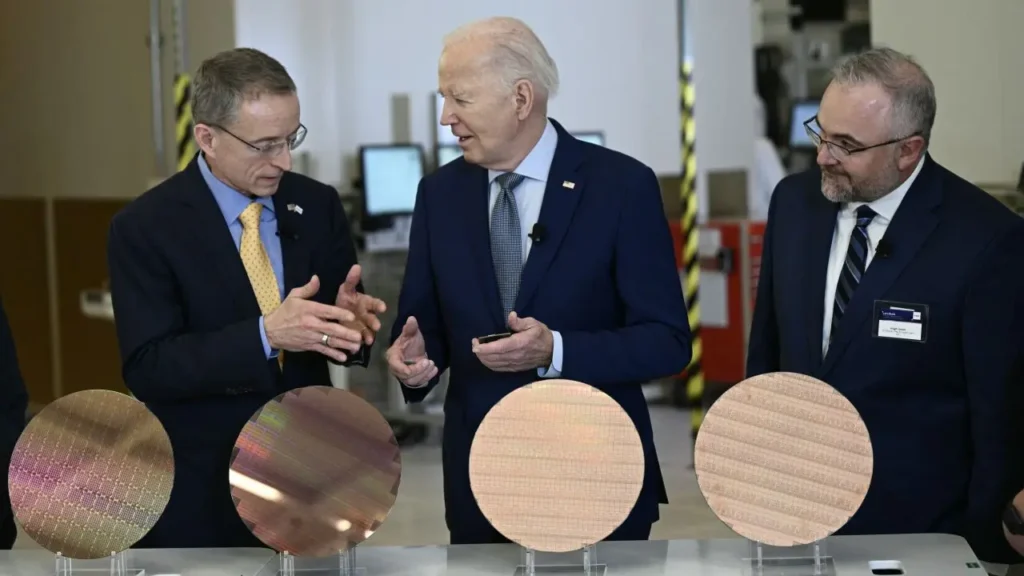Scott Lincicome, from the Cato Institute, expressed concern about the situation, especially because Intel received nearly $8 billion in grants from the Commerce Department, following a $3 billion defense contract in September. With CEO Pat Gelsinger stepping down due to mismanagement, Lincicome sees red flags, suggesting that the government might be treating Intel as “Too Big to Fail,” potentially leading to more government support and bad decisions down the line.
Lincicome worries that this could result in more subsidies, tariffs, and poor investments, which could hurt the economy in the long run.
Finance attorney John Alper also sees risks in giving Intel $8 billion but acknowledges that reducing reliance on foreign chipmakers is an important goal. If the funds are used wisely, it could strengthen the U.S. semiconductor industry.
Cody Moore, an investment advisor, questions whether this is the best use of taxpayer money, as Intel has struggled to keep up with competitors. However, he hopes the funding will help Intel improve productivity, create jobs, and reduce dependence on foreign manufacturing, especially with the growing demand for chips in AI.
Tax expert Thomas Cryan points out that the decision to fund Intel involves balancing national security, supporting a struggling company, and countering China’s government-funded tech companies. He believes awarding Intel the grant could make sense in the context of a 10-year U.S. strategy.
